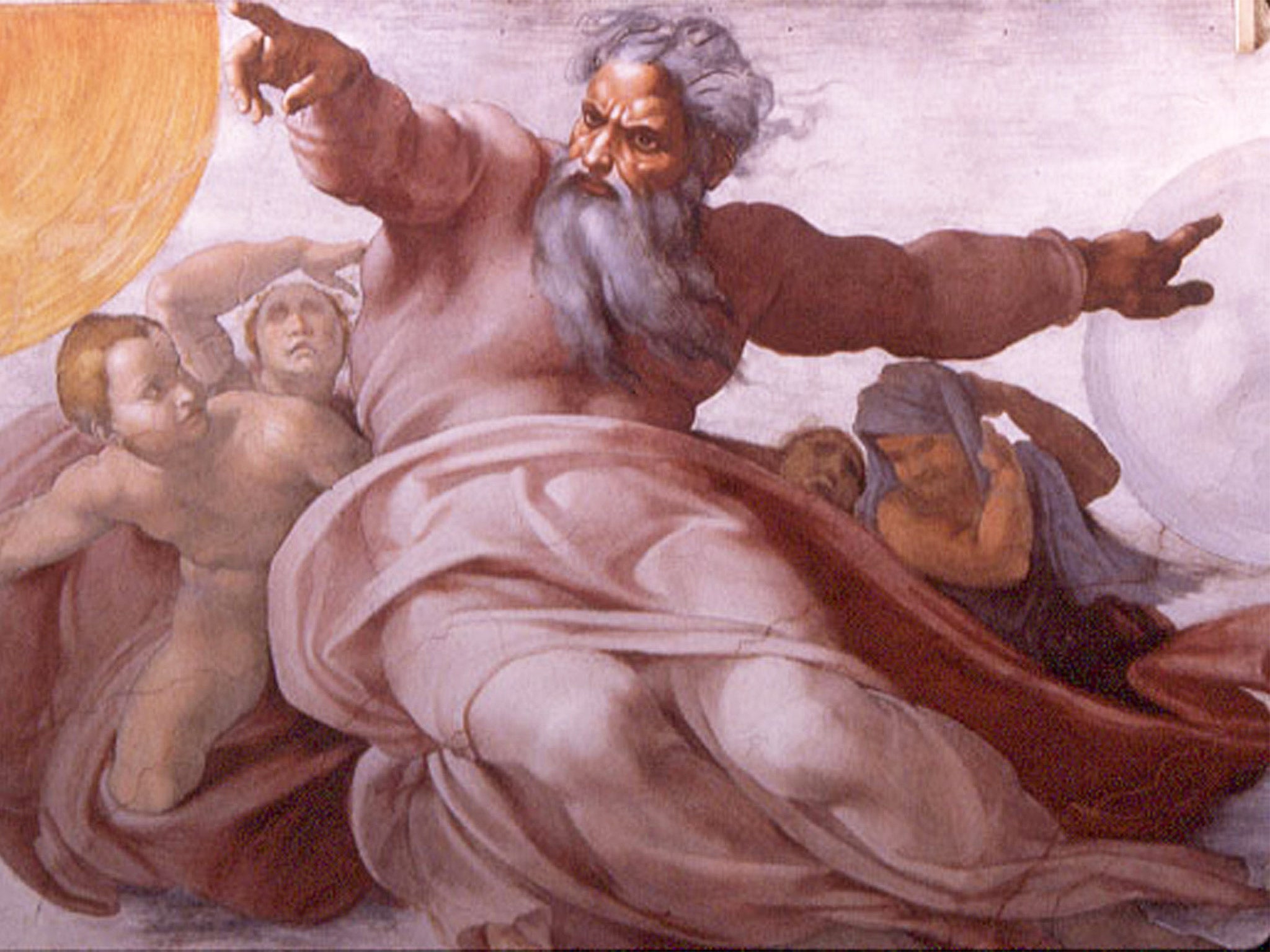Atheism is as natural as religion, study suggests
A new study has uncovered vast swathes of the ancient world did not believe in Gods, contrary to popular belief

Atheism is as natural as religion, new research suggests, throwing doubt onto the notion humans are preprogrammed to believe in deities.
A new study by the University of Cambridge has discovered that, contrary to popular belief, vast swathes of the ancient world did not believe in Gods
Largely written out of the history books, many atheists in fact thrived in polytheistic societies - those that worshipped multiple deities - according to a new book.
The claims, made in Battling the Gods by professor of Greek Culture, Tim Whitmarsh, throw doubt into the idea we are hardwired to believe in a higher power – referred to a ‘religious universalism’.
Prof Whitmarsh, a Fellow of St John’s College, University of Cambridge, also counters the idea that atheism is a modern phenomenon.
He said: “These early atheists were making what seem to be universal objections about the paradoxical nature of religion – the fact that it asks you to accept things that aren’t intuitively there in your world.
“The fact that this was happening thousands of years ago suggest that forms of disbelief can exist in all cultures, and probably always have.
“We tend to see atheism as an idea that has only recently emerged in secular Western societies.”
He suggests that atheism was not just common in ancient Greek or Roman societies, but rather it flourished more back then than it does now.
The "Age of Atheism" only he ended, he suggests, when the generally tolerant societies were replaced by imperial forces that demanded the acceptance of one true God.
He added: “The idea of a priest telling you what to do was alien to the Greek world.”
Belief and the brain's 'God spot'
Show all 19Using around a thousand years’ worth of writings to prove his theory, some texts he cites date back to c.570 BC – pre Plato.
But he concludes it neither proves nor disproves the truth of atheism itself.
Subscribe to Independent Premium to bookmark this article
Want to bookmark your favourite articles and stories to read or reference later? Start your Independent Premium subscription today.

Join our commenting forum
Join thought-provoking conversations, follow other Independent readers and see their replies